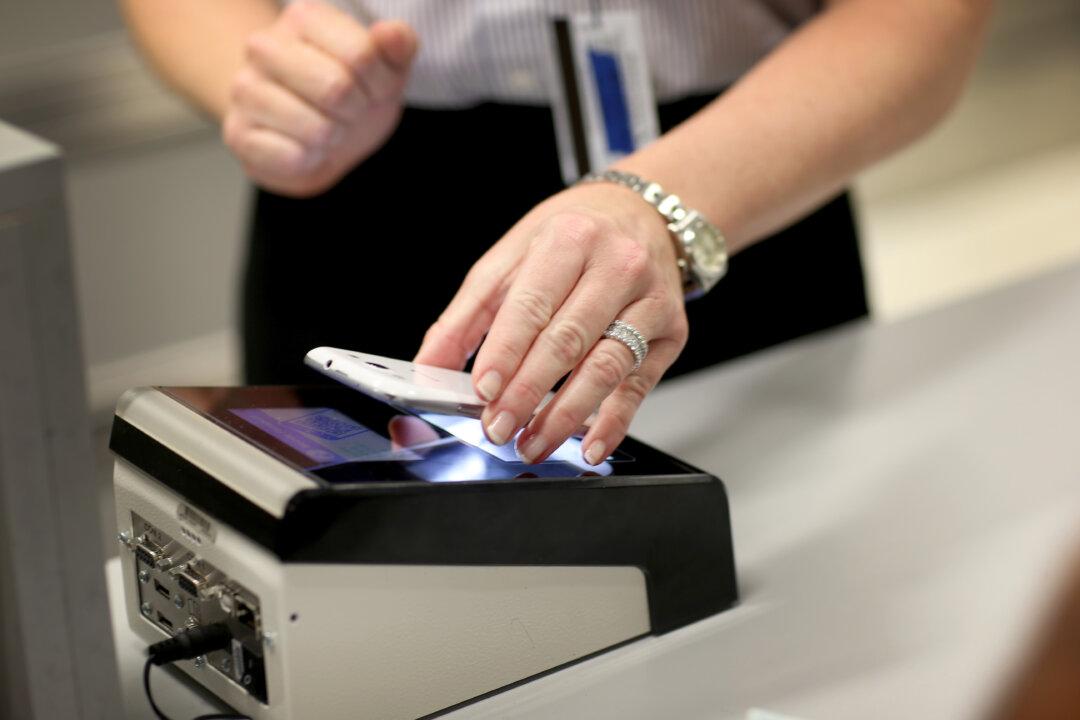U.S. Customs and Border Protection (CBP) is using an artificial intelligence (AI) data collection tool to collect information from social media activity that can in some cases be linked to individuals’ social security or driver’s license numbers, according to a CBP document describing the software tool. The document was obtained by Vice magazine’s tech site Motherboard via a Freedom of Information Act request, and described in a May 17 report.
The CBP document describes the open-source AI tool, dubbed Babel X, which was developed by Babel Street, a U.S. company focused on intelligence gathering. Babel Street’s top leadership and board of advisors include tech industry experts, veteran military leadership, and former intelligence officers.





